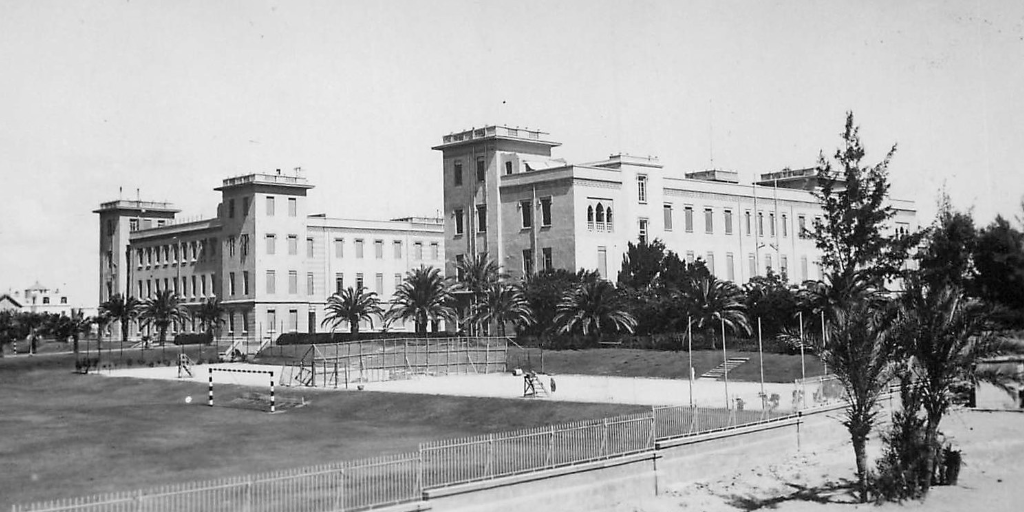 Image Credit:اسكندرية 1900/Facebook
Image Credit:اسكندرية 1900/FacebookDuring the British occupation of Egypt, to be colonial was to be elite: to receive colonial education was an invitation to study among a community of aristocrats and leaders. Victoria College, a private school in Alexandria, Egypt, was the first of its kind in the country to do so — named after Queen Victoria of England, in tribute to her passing in 1901.
According to ‘Victoria College: A History Revealed’ (2005) by Sahar Hamouda, when Lord Cromer, British Consul-General of Egypt, ceremoniously laid Victoria College’s foundation stone on 24 May, 1906, he also laid the foundation for an institution that would become Egypt’s educational epicenter for upper-class families and royalty from across the Middle East, Africa, and Europe.
“There were only two alternatives to choose between: to confide one’s children to religious establishments, they being the only existing establishments, or to send the children to Europe at great financial and emotional cost,” stated Baron Jacques de Menasce in his speech during the school’s opening ceremony.
Victoria College aimed to usher in an era of education that could separate Egypt’s elite community from the public education system ushered in decades prior by the country’s previous ruler, Muhammed Ali Pasha.
While it has waned in influence and educational standards, Victoria College’s legacy lives on. During the early 20th century, the school housed and raised a vast list of alumni that would later shape Egypt, and the world.
Omar Sharif
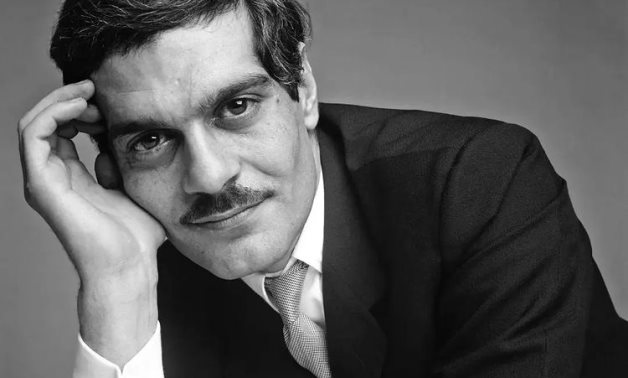 Image Credit: Egypt Today
Image Credit: Egypt TodayBorn Michel Demitri Shalhoub in Alexandria, Omar Sharif is one of Egypt’s most legendary actors. Sharif is best known on the global acting stage for ‘Lawrence of Arabia’ (1962) and the title role in ‘Doctor Zhivago’ (1965), while also shining Egypt’s silver screen in films such as Siraa’ Fi Al Wadi (Conflict in the Valley, 1954) and Esha’et Hob (Love Rumor, 1960).
The son of Catholic Lebanese lumber merchant, Yousef Shalhoub, and his wife, Claire Saada, Sharif was taught Arabic, French, and English from an early age. His parents would later transfer him to Victoria College’s boarding dormitories for continued education. It was in school that Sharif discovered his passion for acting, particularly while participating in the theater club at age of 13.
Despite his academic achievements, as evident in his mathematics and physics degree from Cairo University, Sharif pursued his passion for acting, becoming a household name on the Egyptian silver screen for the decades that followed.
King Hussein of Jordan
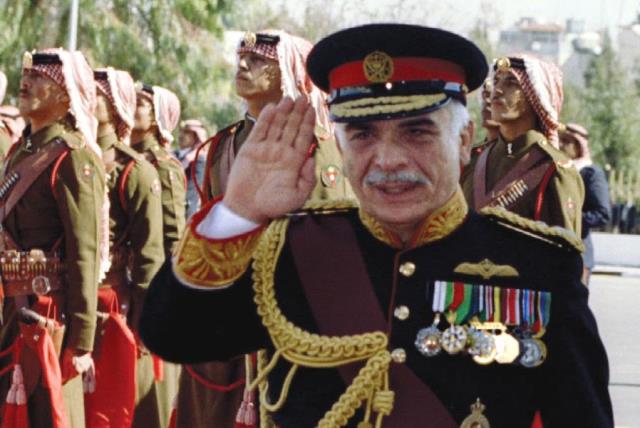 Image Credit: The Jerusalem Post
Image Credit: The Jerusalem PostBorn in Amman as the eldest child of the Royal Hashemite family of Jordan, Hussein bin Talal was one of Victoria College’s handful of royal alumni. Following a few years of primary school education in Amman, Hussein was transferred to Victoria College, in which he would study with royal compatriots such as Abd Allah, crown prince of Iraq, Leka, crown prince of Albania, and Simeon II, the last monarch of Bulgaria.
Hussein would later be transferred to Harrow School in England for continued education, only to find his childhood years cut short due to the abdication of the throne by his father, King Talal, automatically triggering Hussein’s ascension to the throne in the process.
Ahmed Ramzy
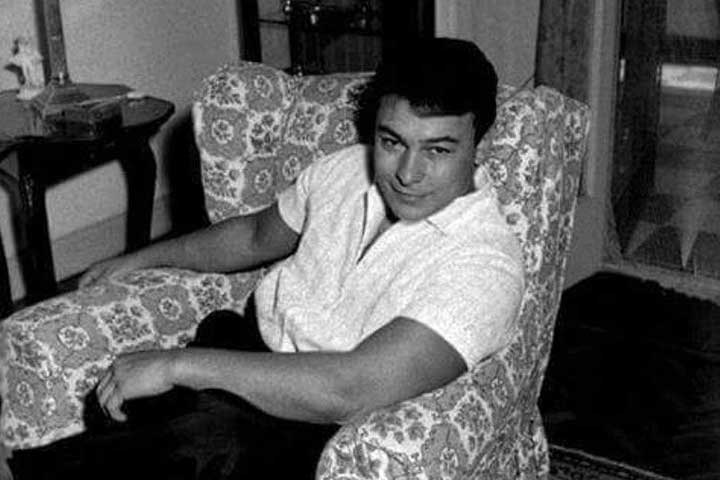 Image Credit: Elbalad News
Image Credit: Elbalad NewsAhmed Ramzy was another famed Egyptian actor from Alexandria. Born to parents Dr. Mahmoud Bayoumi, a famous Egyptian orthopedist, and Helen MacKay, a Scottish socialite, his parents chose to send their child to Victoria College to pursue an elite education. It was in Victoria College that Ahmed Ramzy would meet his life-long best friend, Omar Sharif, a companionship fuelled by their shared passion for theater.
Upon graduating from Victoria College, Ramzy was accepted into Alexandria University’s Medical School, but later dropped out in hopes of finding success in acting. He would later star in celebrated films such as Tharthara Fawq Al Nil (Chitchat on the Nile, 1971), Ayamna El Helwa (Our Best Days, 1955), and Siraa’ Fi Al-Mina (Battle at the Port, 1956).
Edward Said
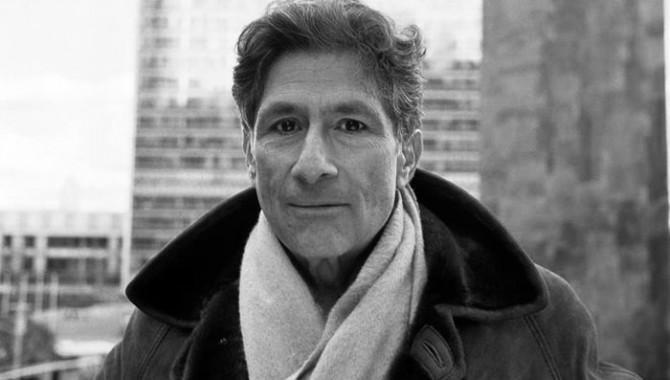 Image Credit: Ivy Style
Image Credit: Ivy StyleEdward Said was a professor of literature at Columbia University, an Arab intellectual, mostly famed for his pioneering research in postcolonialism and orientalism. Born during the British occupation of Palestine to parents Wadie and Hilda Said, Edward would spend his childhood hopping between Jerusalem and Cairo, later settling in Egypt when his father opened a stationery business in Egypt.
Said’s parents enrolled him in Victoria College’s Cairo branch. As a school that prides itself in colonialism, trouble seemingly followed the rebellious Arab teen. Despite his academic achievements in school, Said was expelled in 1951 for behavioral problems as recalled in his memoir ‘Out Place’
“The moment one became a student at Victoria College, one was given the student handbook, a series of regulations governing every aspect of school life…But the school’s first rule, emblazoned on the opening page of the handbook, read: “English is the language of the school; students caught speaking any other language will be punished.” Yet, there were no native speakers of English among the students…Yet all, or nearly all, of us spoke Arabic—many spoke Arabic and French—and so we were able to take refuge in a common language, in defiance of what we perceived as an unjust colonial structure,” Said would later share in his memoir.
Youssef Chahine
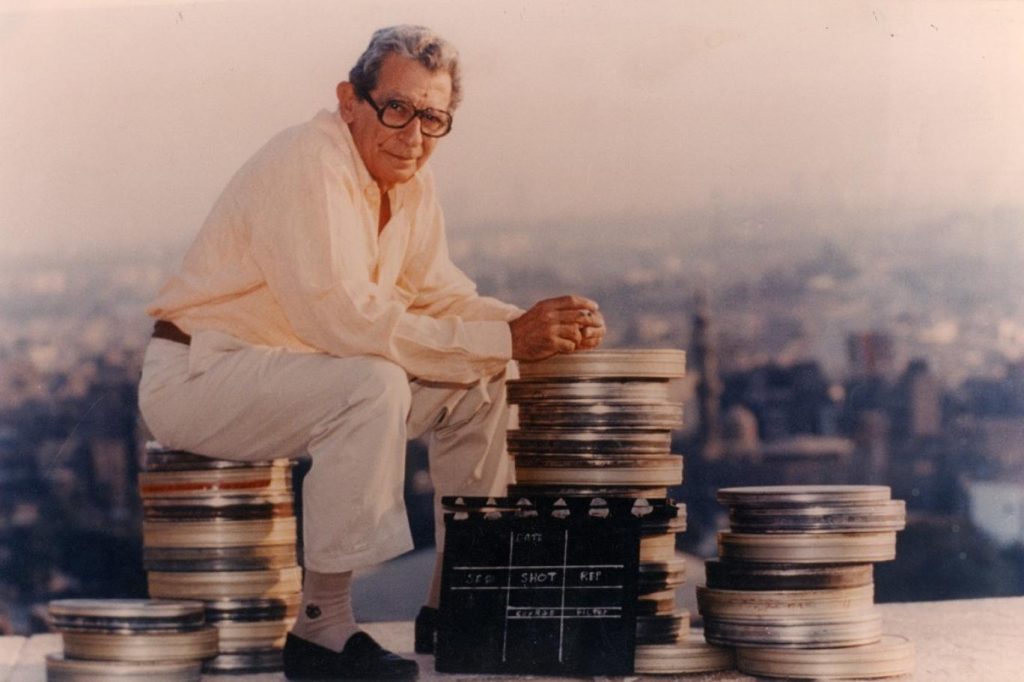 Image Credit: Independent Arabia
Image Credit: Independent ArabiaYoussef Chahine is arguably Egypt’s most celebrated film director. Hailed from an Alexandrian Greek-Catholic family, Chahine’s father was a Lebanese attorney and his mother was a Greek tailor. Chahine’s upbringing in the cosmopolitan coastal city would serve as a source of significant inspiration for his later works, as seen in films like Eskendereya Leh (Alexandria Why, 1979) and Siraa’ Fi Al-Mina (Battle at the Port, 1956)
As a teenager, Chahine attended Victoria College. Shortly after graduating from school in 1944, Chahine chased his cinematic dreams by attending Pasadena Playhouse in California, honing his craft during that time. Chahine is often credited with launching the careers of actors and fellow schoolmates Omar Sharif and Ahmed Ramzy.



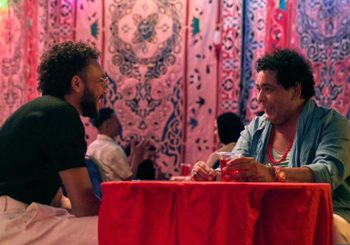
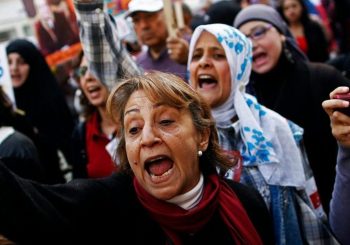
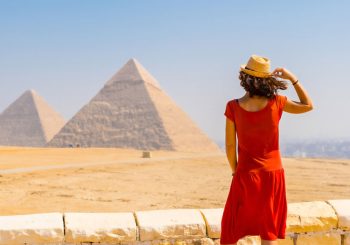
Comments (0)